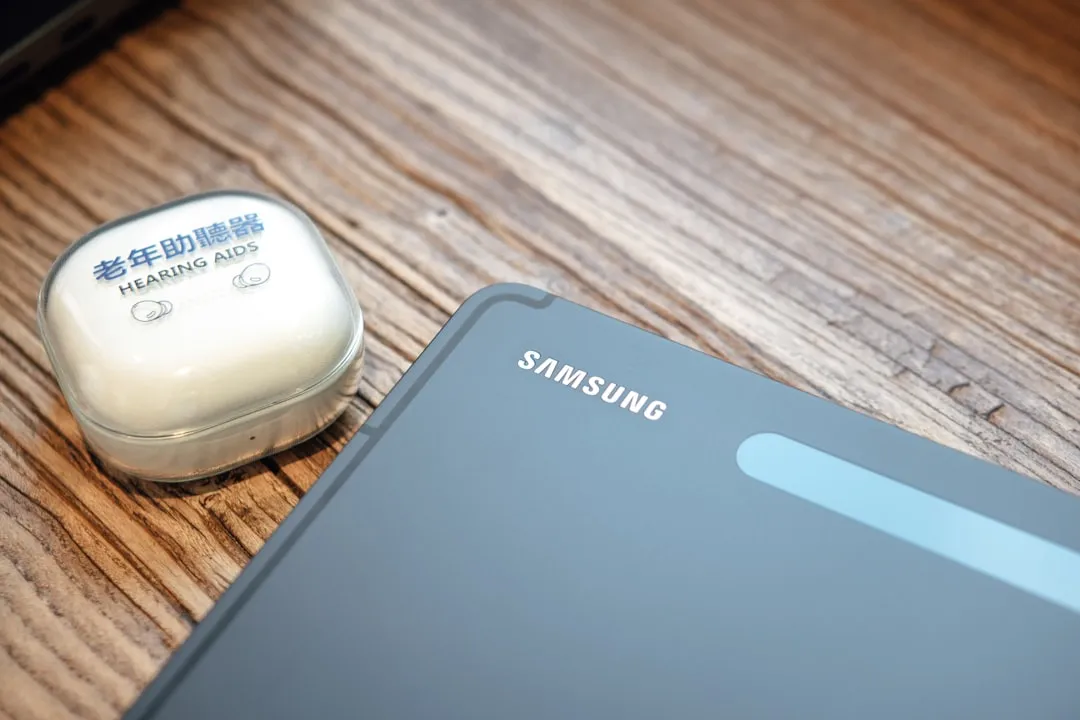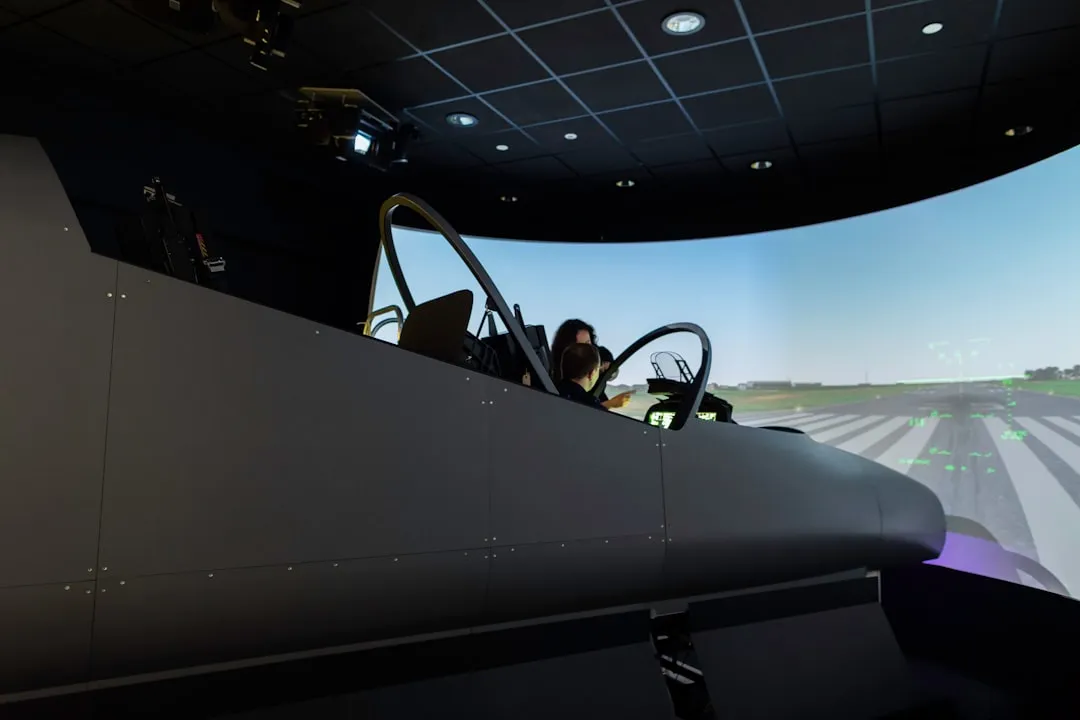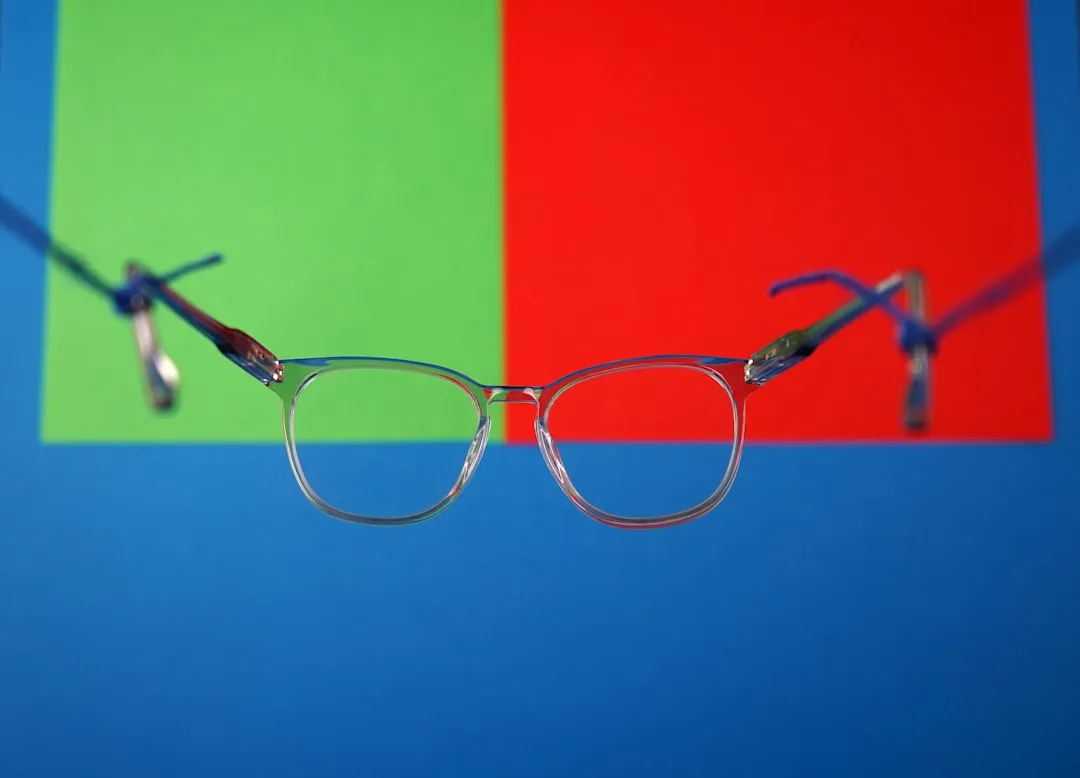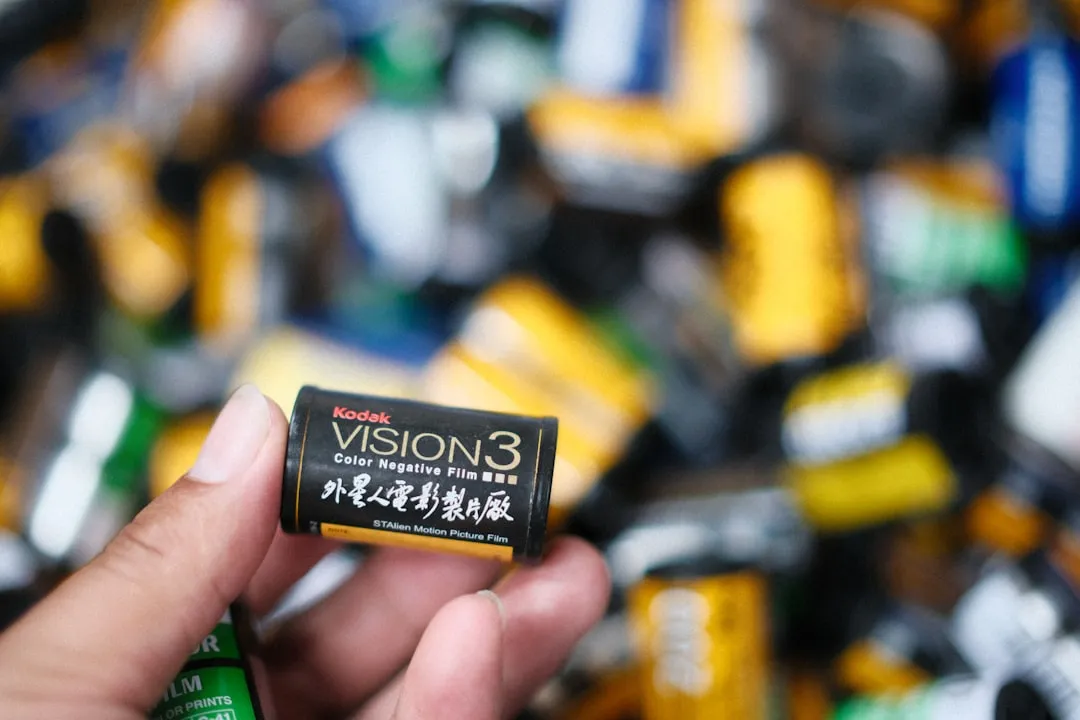The recent Oculus conference in California revealed just a bit more about Facebook's secretive plans to compete in the augmented reality space with its own wearable devices.
But a new report has revealed that the company is thinking even further into the future of AR. Although we know that Facebook has been working on brain interfaces, new statements made within the halls of Facebook's Palo Alto headquarters detail more about what Mark Zuckerberg has planned for when AR interfaces can be controlled by the mind.
During a recent internal meeting at the company, Zuckerberg was asked how Facebook would respond to the brain interface developments being conducted by Elon Musk's Neuralink. Neuralink uses an invasive connection to the brain that would allow users to control their devices with their thoughts. The question, asked by an employee, was specifically about how such developments might impact Facebook's AR and VR prospects.
"Brain-computer interface is an exciting idea. The field quickly branches into two approaches: invasive and noninvasive. Invasive being things that require surgery or implants but have the advantage that it's actually in your brain, so you can get more signal. Non-invasive is like, you wear a band or, for glasses, you shine an optical light and get a sense of blood flow in certain areas of the brain. You get less signal from non-invasive," said Zuckerberg in an audio recording obtained by The Verge.
"I am very excited about the brain-computer interfaces for non-invasive. What we hope to be able to do is just be able to pick up even a couple of bits. So you could do something like, you're looking at something in AR, and you can click with your brain. That's exciting ... Or a dialogue comes up, and you don't have to use your hands, you can just say yes or no."
At that point, Zuckerberg begins musing about more of the practical mechanics of making such brain-controlled interfaces work before getting back to the central question.

Facebook's prototype brain-computer interface
"I think as part of AR and VR, we'll end up having hand interfaces, we'll end up having voice, and I think we'll have a little bit of just direct brain… But we're going for the non-invasive approach, and, actually, it's kind of exciting how much progress we're making," said Zuckerberg. "We're more focused on — I think completely focused on non-invasive. [laughter] We're trying to make AR and VR a big thing in the next five years to 10 years."
Of course, missing from Zuckerberg's answer is any response to another question directed toward him during the meeting regarding AR and VR brain interfaces and user privacy. The same employee asked Zuckerberg, "What do you think of privacy in a world where we could capture purchasing intent and deliver ads using a direct brain link?"
Alas, amid all of Zuckerberg's quips about invasive and non-invasive brain interfaces, he essentially (based on the transcript) appears to dodge the question of privacy altogether.
But this is a particularly important topic given Facebook's fraught history with user privacy and the incredibly invasive nature of putting on a pair of AR smart glasses that will not only record your location and content choices but will also provide the AR cloud with a window into what you're seeing in real-time.
Once that dynamic is further powered by brain-computer interfaces, the potential for abuse seems even greater in light of Facebook's history. Will users trust Facebook's future AR smartglasses, much less its brain interface? We'll probably know soon via the Oculus Quest as the company adds hand tracking and other interface tweaks to the VR device.
If a feature works in VR for Facebook, expect it to eventually come to the company's future AR smartglasses. Therefore, it's probably time to begin keeping an even closer eye on Facebook's VR "quest" to map the virtual world, because it's the best hint at what the company's AR lens will focus on in the coming months and years.
Cover image via Facebook/YouTube

























Comments
Be the first, drop a comment!